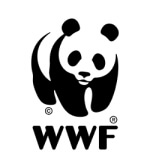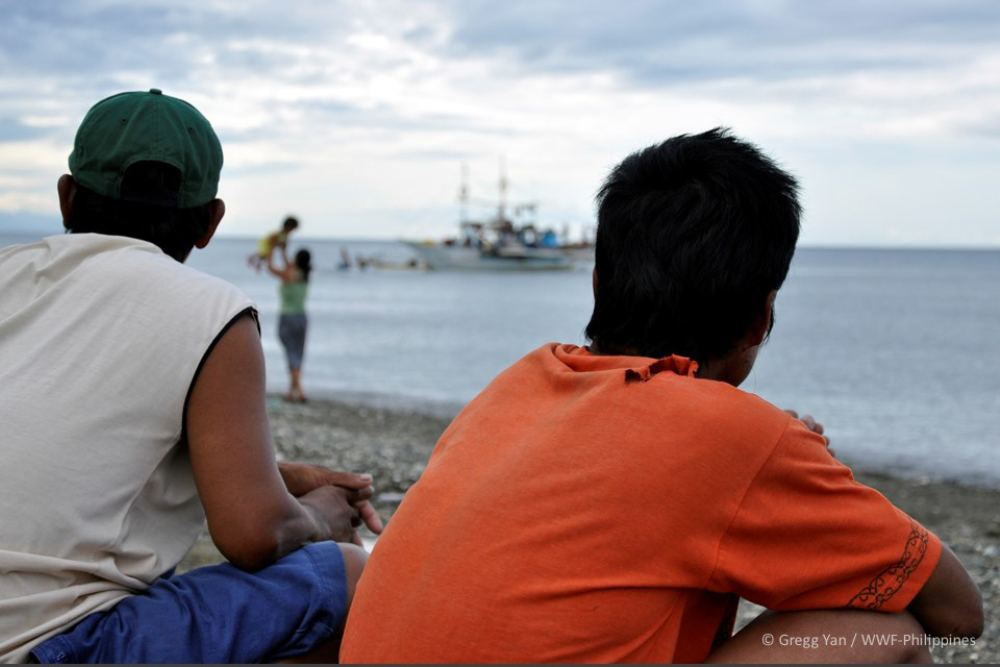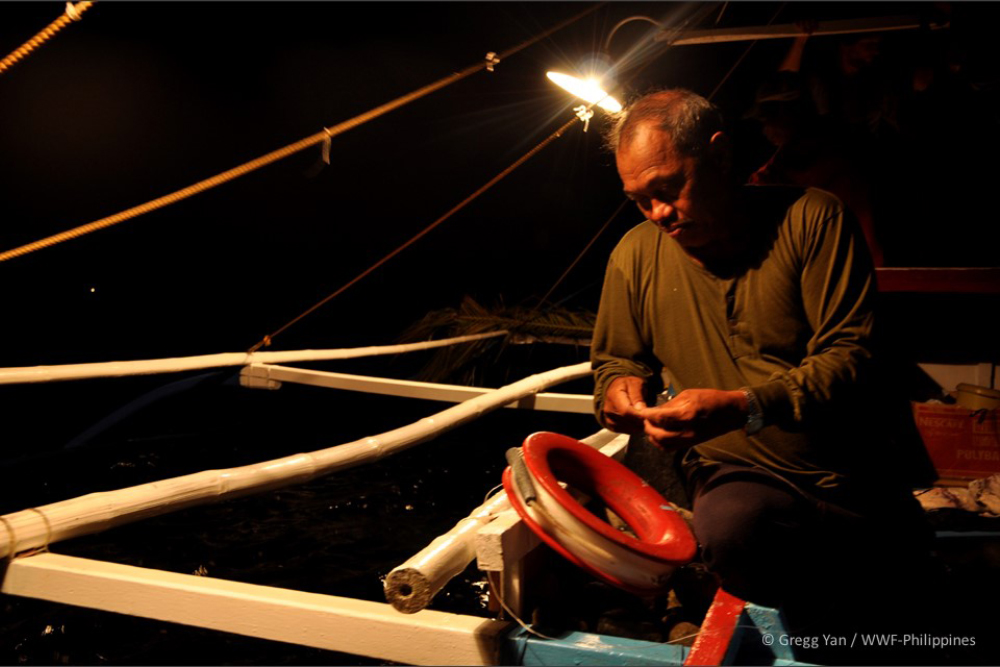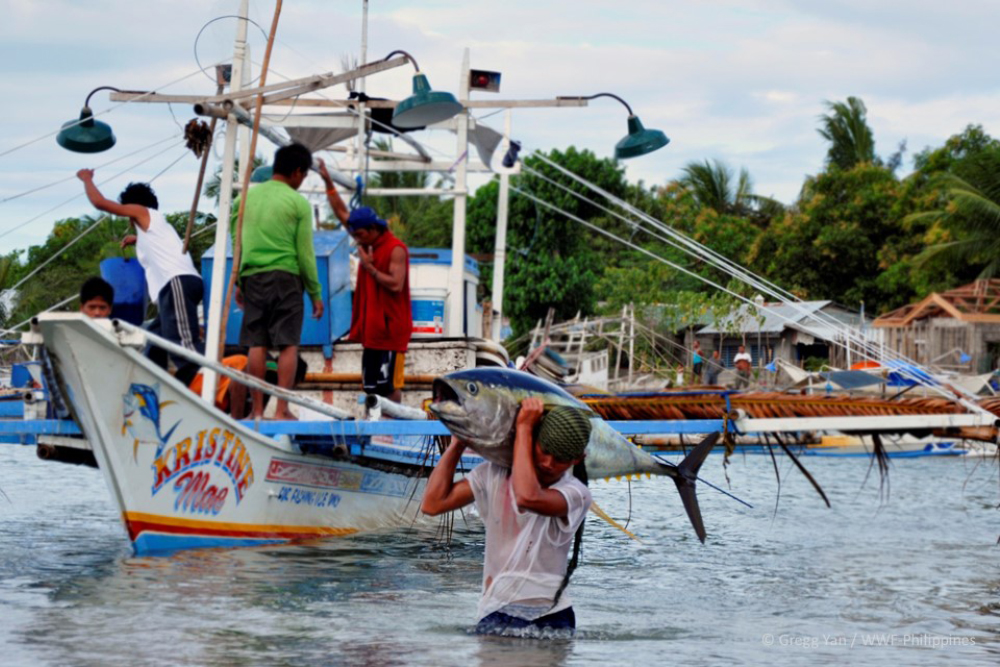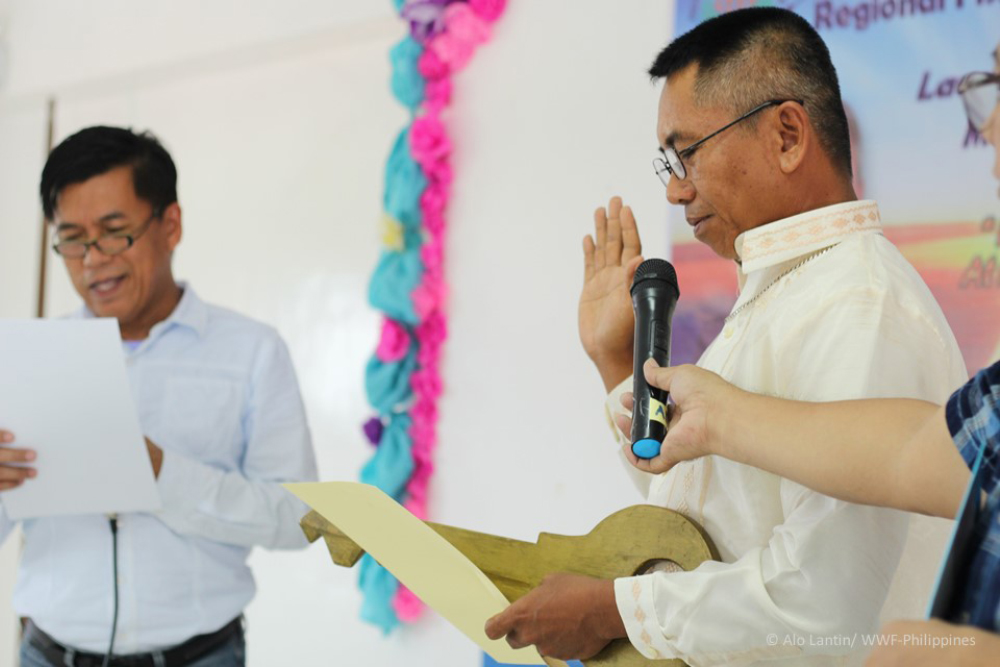For over half a decade, the World Wide Fund for Nature (WWF) Philippines has been working on Fishery Improvement Projects (FIPs) with the goal of achieving Marine Stewardship Council (MSC) Certification for its communities in Mindoro Strait and Lagonoy Gulf. It’s taken almost eight years – but they have already begun to reel in the benefits of their labor.
Since 2011, WWF-Philippines has overseen Fishery Improvement Projects (FIPs) in fishing communities in Mindoro Strait in Occidental Mindoro and Lagonoy Gulf in Bicol. WWF-Philippines has promoted sustainable fishing through the protection of natural resources, the organization and empowerment of local fishing communities, and the reformation of Philippine fisheries policy.
The MSC ecolabel is the most stringent and sought-after ecolabel for wild-caught and aquaculture fisheries. An England-based group, the MSC’s mission is to “contribute to the health of the world’s oceans by recognizing and rewarding sustainable fishing practices, influencing the choices people make when buying seafood and working with our partners to transform the seafood market to a sustainable basis.”
What made WWF-Philippines commit to so long a process for certification? Markets all across the globe put their trust in the MSC ecolabel. Products that carry the ecolabel are more sought after in these markets, and can reach ports that otherwise would have been closed off to those unrecognized by the MSC. Beyond that, though, the process of earning MSC has reaped multiple wins for sustainable fisheries in WWF-Philippines’ partner communities.
“There were many instances where we could have given up and cut away from the MSC Certification process. The process is tough for developing countries to even start, let alone maintain. It was even more of a challenge considering that our main client group is small-scale handline fishermen who lack the capital and the empowerment that a big fishing company would otherwise have,” said Joann Binondo, WWF-Philippines Sustainable Tuna Partnership (STP) Project Manager. Binondo has been working with the fishing communities of Mindoro Strait and Lagonoy Gulf since the project first began.
“As challenging as the certification process has been for us, we’ve seen what it’s done for our communities and how it’s left our fishermen empowered. That’s why we’ve continued on,” added Binondo.
WWF-Philippines’ bid for MSC Certification is also unique to the fishing industry. Applicants for the ecolabel tend to be corporations and private entities, with large capital and organizational structures to keep all players in unison. The communities of Lagonoy Gulf and Mindoro Strait, however, are fishing villages and lack the same capacities a private fishing company may enjoy. The FIP teams of WWF-Philippines had to work with individual fishermen to ensure they, as individuals, could meet the standards set by the MSC Certification – a feat that they rose to meet.
“There really was no foundation for anything like the MSC Certification when we first started with these communities. We started from scratch and had to work our way up, but it’s clear to us that the fishermen have been able to learn and benefit from our FIP work,” explained Binondo.
What MSC Certification means for these fishermen is access to consumers willing to pay premium prices for sustainability assurance – a market that they never would have been able to reach before. The fish markets of Europe, proud in their attempts to be sustainable, deal in produce that are proven to be sustainably sourced – something which the MSC label guarantees. A rural Filipino fisherman wielding the MSC label would therefore have access to a kind of livelihood prosperity they would never have enjoyed before, securing a sustainable livelihood for himself and for future generations.
“When you see these fishermen who once trembled in front of the microphone – when you see them standing in front of their communities, going down, telling them all about the importance of these FIPs – it’s very heartwarming,” said Binondo. After eight years of working with them, says Binondo, it is inspirational to see how far they have come.
The stage is set for MSC assessment to begin. It isn’t certain that WWF-Philippines’ fisheries will earn the ecolabel, reminds Binondo, and the months-long process may not end in certification. After eight years of FIPs, however, the fishermen of Mindoro Strait and Lagonoy Gulf are much closer to a sustainable future than they were before.

